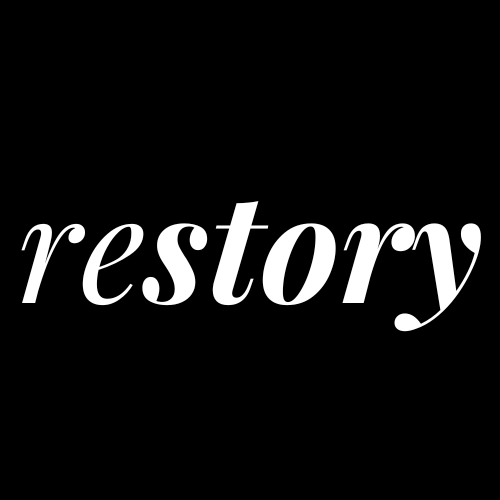Welcome to Wednesdays, dear, dear reader. As you may or may not know, I’m tackling YOUR questions on Wednesdays. If you have a burning question you’d like me to answer, simply write your query in the comments section after you read today’s post.
This week’s question is a good one, and it comes from Lisa. She asks:
Is it possible to trust a friend who has betrayed your trust in the past? Even, though I think I’ve forgiven and healed from it, I still find myself second guessing everything she does and passively fighting the urge to give her a piece of my mind, for random things. What should I be doing? Can I still be friends with someone I don’t fully trust?
The first thing that comes to mind is a book I read a long time ago called Safe People.
Based on that and some of the other research I’ve done, I’ve compiled a list of traits for safe people (trustworthy people). Perhaps reading this list will help you determine what to do.
____ Ask clarifying questions.
____ Don’t jump to conclusions.
____ Aren’t passive-aggressive.
____ Empathize with you, not needing to interject their own story of doom to one-up you.
____ Encourage other relationships.
____ Honor and encourage your relationship with God.
____ Want what is best for you and your healing journey (don’t have their own healing agenda, or pressure you to heal their way).
____ Aren’t domineering.
____ Tell the truth, even if it’s painful, but they tell it in a winsome way.
____ Offer grace.
____ Are self-aware.
____ Reveal their flaws.
____ Aren’t defensive.
____ Apologize, even before they’re caught.
____ Take responsibility for themselves.
____ Work on their own issues.
____ Want to learn from their mistakes.
____ Accept blame.
____ Avoid gossip.
____ Are humble, teachable.
____ Have a positive influence over your life.
____ Have proven themselves trustworthy over a period of time.
____ Are the same person in different situations—consistent.
____ Applaud your growth.
____ Don’t try to be your parent or the Holy Spirit.
____ Love freedom.
____ Don’t demand trust—instead they earn it by consistently acting honorable.
With that in mind, this person might simply not be safe to entrust yourself to. She may not have yet earned back trust (a very precious thing). Because Jesus loves YOU too, it’s permissible (of course) to protect yourself from further injury. This gives you the power to heal while you enact a boundary.
Remember a boundary is not the same as a fortress. It’s a fence around who you are with a gate that allows good folks in and keeps some untrustworthy ones out. It’s okay to keep that boundary intact until you truly feel peaceful about the person. You have to choose to trust, eventually, but only if that person proves her trust. Does she keep your confidence? Is she exhibiting the same patterns of behavior that you had to forgive?
All that to say, not everyone should be our close friend. Sometimes we need to stay distant from some because they’re simply not good for us in this time of our lives. Sometimes we swoop in to the life of a distant friend because she needs our help. And sometimes we have to let go of harmful friendships for the sake of our heart.
If you’d like more help on this particular issue, I’d recommend my latest book, The Wall Around Your Heart.

Your tweetness:
How do you trust a semi-trustworthy person? Or should you? Find the nuanced answer here: https://www.marydemuth.com/untrustworthy-friend/ Click to tweet.
Is your friend truly safe? Take a quick quiz to find out here: https://www.marydemuth.com/untrustworthy-friend/ Click to tweet.


0 Comments